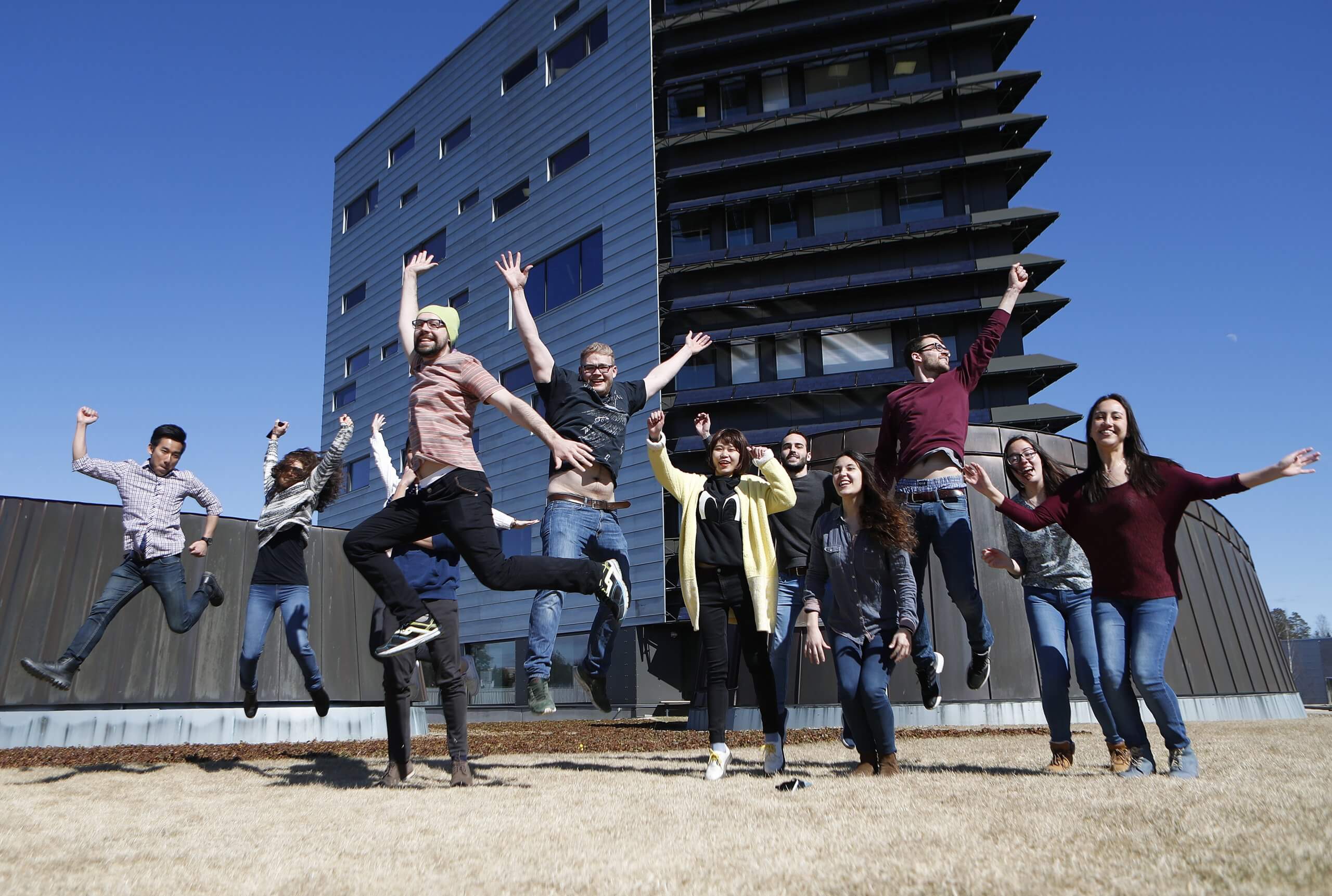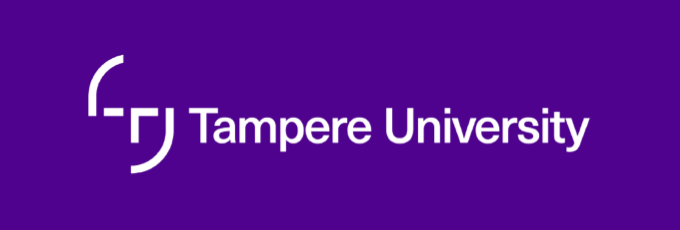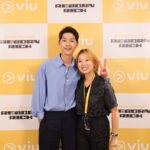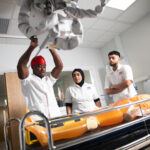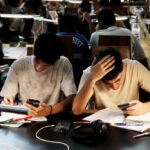Screens on or off? Before the coronavirus, many in the developed world went on digital detoxes, guilty after too many hours scrolling Instagram. Our manners suffered, as did our necks craning too long over smartphones. Today, things are a little more complex. The shackles are off. With a pandemic keeping people home, where else do we turn but at our phone, television, iPad and laptop — sometimes, several at once. Remorse? Barely. After all, how else can we connect with family, friends, work, Tinder dates, bosses — and seemingly the whole world — at a time and age where physical contact can be deadly?
A survey by eye care company Alcon found 80% of respondents are spending more time on screens since COVID-19 hit. The pandemic may have accelerated it, but this rapid digitisation of our lives is no new phenomenon. The creation, storage, communication and consumption of information in computers have begun since the 1950s. In the 1980s, the creation of the World Wide Web jolted it further. In 2020, the way we live, love, work, shop, travel, learn, govern, bank and enjoy life have thoroughly changed. We can’t live without our devices, nor do we want to.
The question now is: How do we live in our digital worlds sustainably?
In the first place, what are the digital systems in our lives? How do we use, regulate, design and produce them in a way that enhances as many lives as possible? Is there such a thing as “culture” in the virtual world? What’s the moral code — if any?
Stimulating debates on these can be found with the interdisciplinary experts teaching the Master’s Degree Programme in Sustainable Digital Life (SDL) at Tampere University. Enthusiastic and accomplished, they bring this course to life at this Finnish institution ranked 34th in the Times Higher Education’s Young University Rankings 2020.
They inspire a new generation of creative, analytical and critical experts in digital media and communication and information technology. They empower them to envision, design, and evaluate digital services that are ethically sustainable, accessible for everyone, all the while mindful of social and cultural diversity. More than just a one-way chalk-and-talk classroom session on the sustainability of digital things, they use projects to train students in skills that are adaptive, far-reaching, and transformative in a variety of fields. Leveraging on their multiple academic disciplines, they open their eyes on how to make the digital world diverse and inclusive.
“I work in the intersection of computer science, human-computer interaction, and media technologies (auditory and visual technologies such as conversational systems and XR-technology). I like to work with concrete digital solutions in a project-oriented fashion with the slogan ‘Making accessibility the new norm — Empowering people’ in mind,” says Markku Turunen, Professor of Interactive Technology. Turunen is the head of the SDL programme and teaches courses such as “Spoken, Conversational and Auditory Interaction,” “Information Analytics and Visualisation,” “Fundamentals of Accessibility,” and “Accessibility in a Digital Society”.

Source: Tampere University, Faculty of Information Technology and Communication Sciences
Pioneering a more sustainable, tech-forward and digital future
Technology plays a key role in creating a better tomorrow. Artificial intelligence holds tremendous promise for those with disabilities and for patients, from devices that can describe people and objects audibly for the blind to potential robot therapists. Blockchain can add trust to food supply chains, helping farmers, manufacturers and consumers. Monitoring technologies are encouraging the fossil fuel industry to cut emissions and flared gas volumes.
These examples show that a sustainable future can be designed — and the SDL programme offers students a focused study on how to do so. It keeps track of various recent developments and trends that need to be addressed in the pursuit of sustainability, from the increase in the carbon footprint of computation to the homogenisation of digital culture and information addiction, to name a few. It explores the long-term structural change in digital and social systems, with the aim of maintaining social cohesion and solidarity, as well as reducing environmental and resource consumption to a sustainable level.
Realistic research and design projects allow students to connect the theoretical and methodological lessons to these projects, which includes an opportunity to collaborate with YLE (Finland’s national public broadcasting company). “In the SDL programme, my teaching contributes to project-based thesis studies and the areas of diversity, critical theories of the normal and speculative fiction as a source and mirror of sustainable thinking,” says Riku Roihankorpi, University Lecturer in Theatre and Drama Research and Media Culture. Roihankorpi’s research and teaching reflect the areas of performance philosophy as well as intermedial, political and non-anthropocentric performance, along with their ethical challenges.
Never one for limiting conventions, Tampere University’s SDL programme even includes a music professor in its line-up of experts. Professor in Music Studies Tarja Rautiainen-Keskustalo, a specialist in audio cultures in today’s media environments, teaches three courses focusing on sound as a part of human multimodal action. In class, students look at how podcasts, soundscapes, and other audio innovations are part of new accessible and community-based media practices. “Having a background in social anthropology, sociology, and media studies, I examine sonic cultures from a multidisciplinary perspective. I am convinced that sound studies provide a unique perspective to study inclusion and sustainability,” she says.
The SDL programme is a passion point for project researcher Pauliina Baltzar. She planned it and now teaches the “Accessibility in Digital Society” module. “For me, the most exciting part is to work in a truly multidisciplinary group and create something completely new,” she says.
Baltzar recommends everyone to check out the MOOC course on Sustainable Digital Life. More than just a sampling of the themes in the SDL programme, the “Introduction to Sustainable Digital Life” will be considered as an advantage in the admission process too. The MOOC course is available from Oct. 15, 2020 until Feb. 28, 2021.

